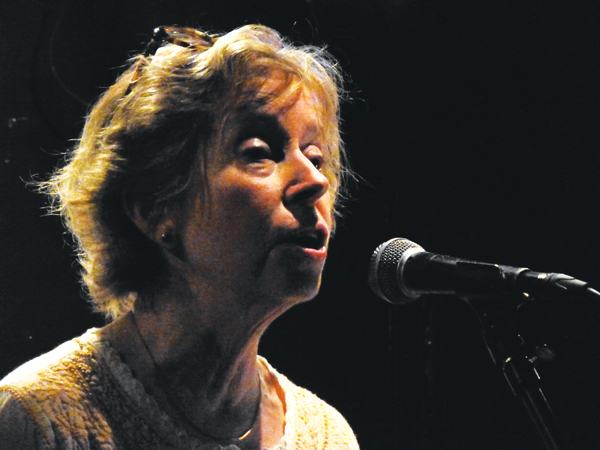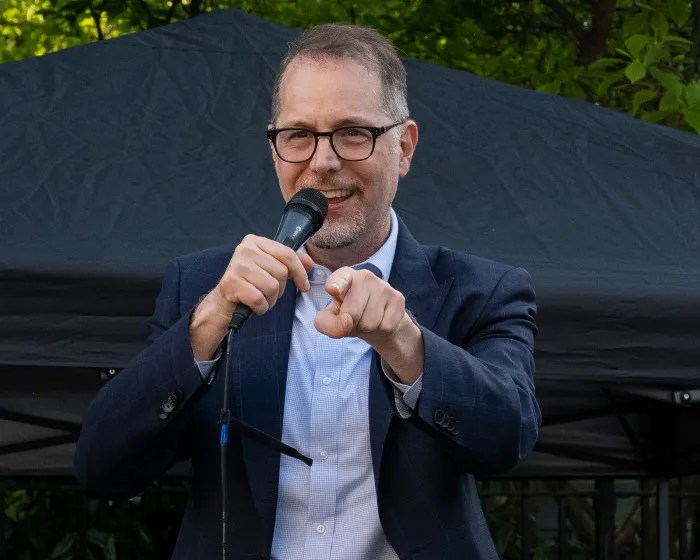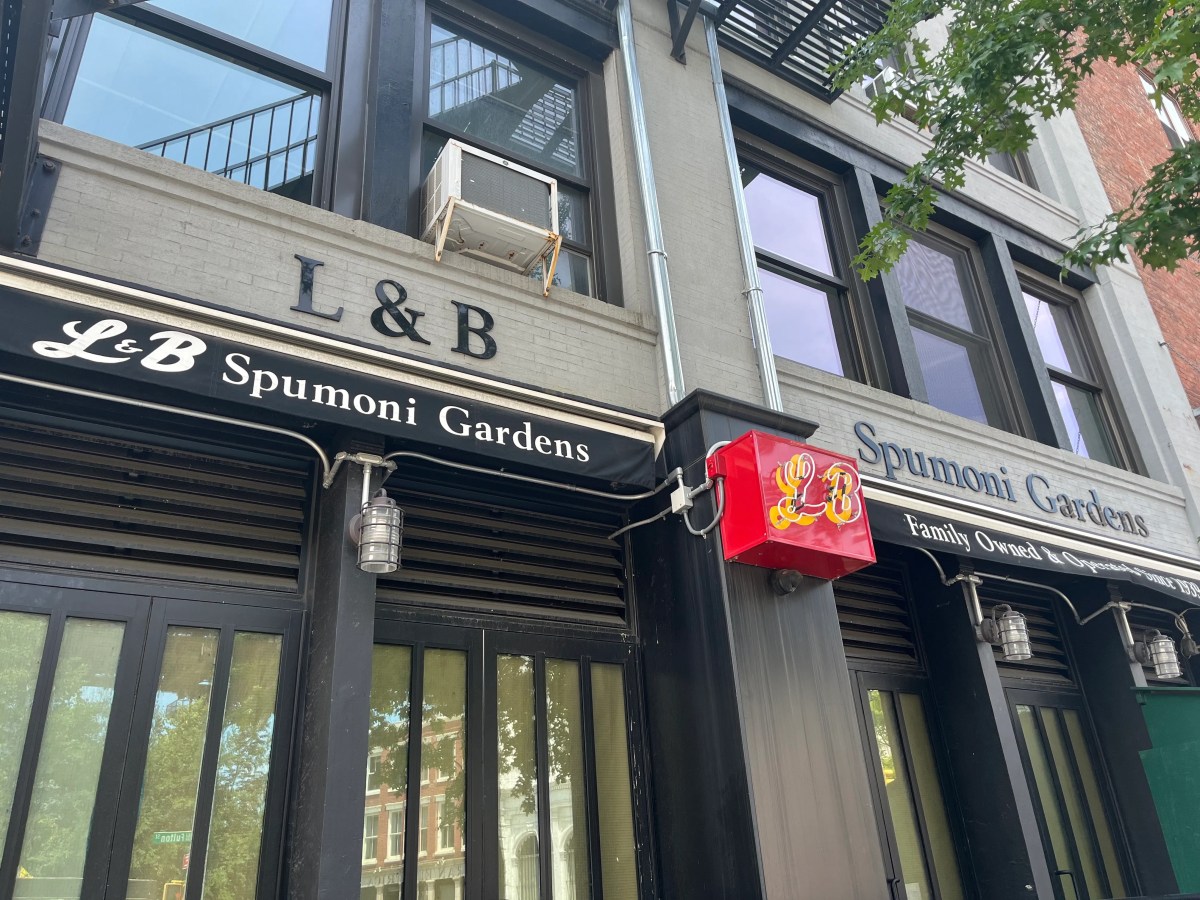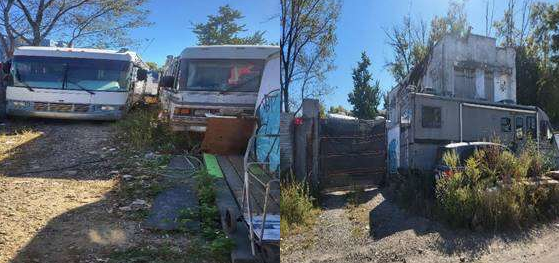
BY ALBERT AMATEAU | From Mozart and Beethoven to the music of West Africa, the Washington Square Music Festival, the city’s second-oldest free outdoor classical concert series, concluded its 54th consecutive year on Tuesday.
The festival has become a Village institution since it was founded by the late Alexander Schneider, violinist with the renowned Budapest String Quartet, and sponsored by the Washington Square Association, the city’s second oldest civic organization.
The festival’s annual July concerts in Washington Square Park (or in St. Joseph’s Church on Washington Place on rainy evenings) have ranged over the familiar classical repertory and the not-so-familiar sounds of jazz, avant-garde and world music.
“We’ve always had great musicians,” said Peggy Friedman, executive director of the Washington Square Music Festival for more than 30 years. “Wynton Marsalis played with the festival chamber ensemble when he was 17. Of course, he was classically trained,” she observed.
“Sasha Schneider, who founded the festival, often played in Washington Square in the early days,” she noted. “The soprano Marilyn Horne performed in a concert with her husband Henry Lewis in 1960; and the Charles Mingus Orchestra played the music of the late great jazz master in the festival several times in recent years,” Friedman said.
“Lutz Rath, the current leader of the festival chamber orchestra, is a distinguished cellist with a special sensitivity to the human voice,” Friedman added.
She noted with pride The New York Times review of the July 17 performance in which the reviewer, Allan Kozinn, said the Franz Schubert Quartet in C minor for two cellos was “a luminous performance,” and the Gustav Mahler piano quartet was “played with intensity.”
In the same program, Arnold Schoenberg’s “Ode to Napoleon” for piano quintet and speaker, Rath was the speaker of the text by Byron.
Fittingly, Friedman speaks with intensity whenever referring to the festival and to Greenwich Village where she lived as a child on W. Ninth St.
“In a way, the festival is who I am — I grew up with it,” Friedman said. “My mother, Peggy Campbell, helped organize it in 1953 and was the first director of the festival.”
Back then, Greenwich Village was still a low-rent, low-rise, brownstone neighborhood, according to Friedman, who has been living in Upstate Sullivan County with her husband, the sculptor Robert Friedman, since 2001.
“We used to play hopscotch on the sidewalk and everyone knew who their neighbors were,” she recalled.
Friedman studied theater at Northwestern outside Chicago after she graduated from the Brearley School in 1956, but she came back to New York as an actress before getting a degree.
“I did finally graduate — from Hunter College — in 1977. It was a great experience going to school as an older undergraduate,” she said.
Under the stage name of Courtney Campbell, she took part in the Off Broadway theater scene of the 1960s. She was a member of the Actors Repertory Theater, founded by Wendell Phillips, a Broadway actor, playwright and director. A highlight of her theater days was taking part in Peter Schuman’s astonishing Bread and Puppet Theater. She acted with the late writer and political activist Grace Paley in 1965.
“One of the most influential things in my life was working for Emeline Paige, who was still editor of The Villager in the early 1960s,” Friedman said. Paige, the creator of Scoopy’s Notebook, was part of The Villager from 1934 (the year after it was founded) until 1967. “She was a free spirit years ahead of her time — proper, strong-willed and unconventional,” Friedman recalled.
The same could be said of Friedman, who was described as “the heart and soul of the Washington Square Music Festival” by Anne-Marie Sumner, president of the Washington Square Association.
“She is the glue that holds it all together, raising funds and making sure that everything works,” Sumner said.




































